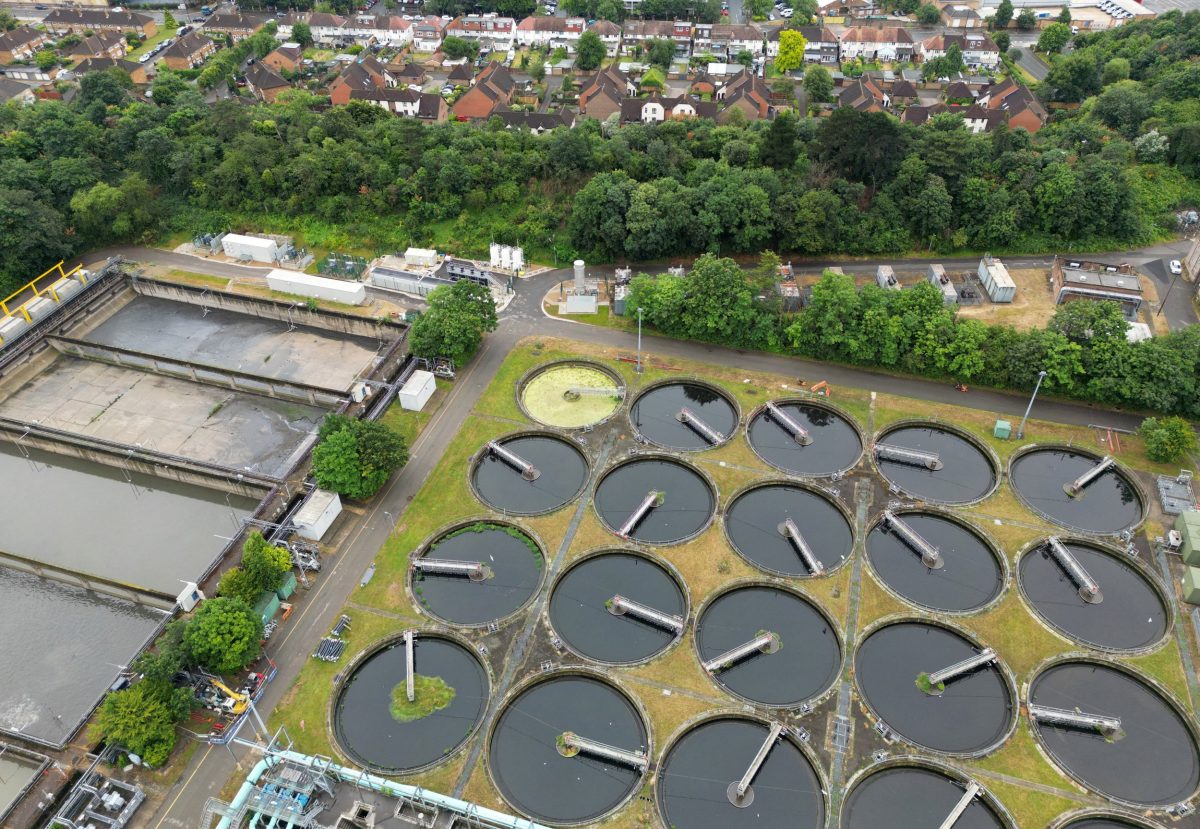Steve Reed[, the Environmental Secretary,] said the “biggest ever investment” in the water industry, amounting to around £88bn in private cash, will allow the Government to “fix the foundations” of the water sector and bring an end to the sewage crisis.
Clean water campaigners have criticised the fact that bill payers will be forced to pay for the clean up of the country’s waterways, with average bills expected to rise by around £19 a year between 2025-2030.
But officials have insisted that under the Government’s reforms, every penny of cash raised will be invested into major infrastructure upgrades, rather than being syphoned off in dividends to investors.
New plans being introduced will mean water firms that fail to spend the money raised from customers on infrastructure upgrades will be refunded to bill payers.
The spending is due to be finalised by Ofwat in December when it sets out its final determination for bill rises. Its initial recommendation, published over the summer, was for £88bn to be raised through customer bills, despite the water industry asking for £105bn.
[…]
Under the plans, around £10bn will be invested in storm overflow upgrades, £4bn to boost the country’s water supply, including building the first new reservoirs for more than a generation, and £6bn in tackling nutrient pollution, caused largely by the agriculture sector. The Government hopes that building more reservoirs will increase the UK’s water resillience [sic] and support its plans to build more new homes.
[…]
As well as protecting investment in water infrastructure, the Government earlier this month published legislation to toughen up the laws that will see water bosses face jail time if they are found to be covering up illegal sewage dumping.The Water (Special Measures) Bill, will also give the regulator the power to ban the payment of bonuses to water executives if they are found to be failing customers.
Regulator, the Environment Agency (EA), will also see its staffing numbers increased, while all investigations into water firms will be paid for by the sector, significantly boosting resources for the body.



These private financing schemes seem to always be so much more expensive than funding this through traditional finance streams.